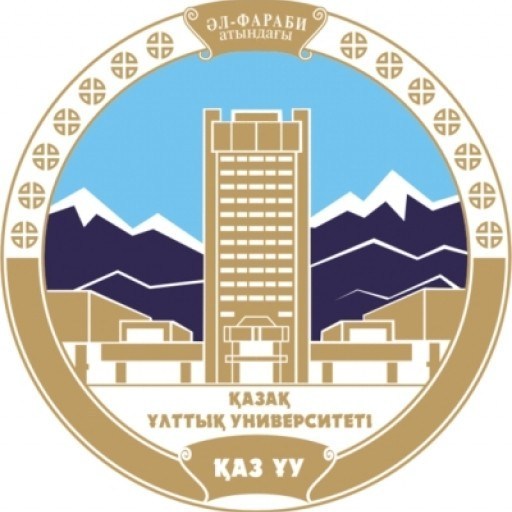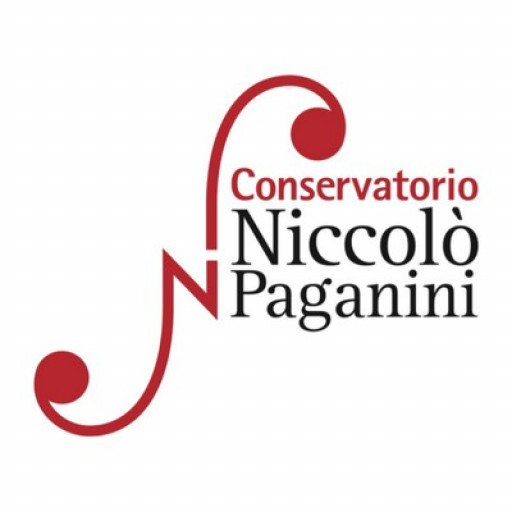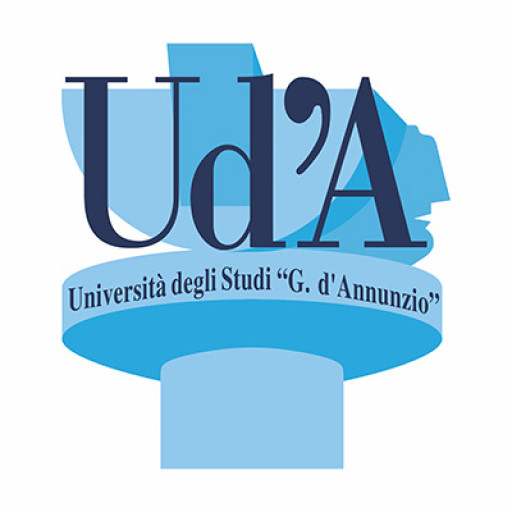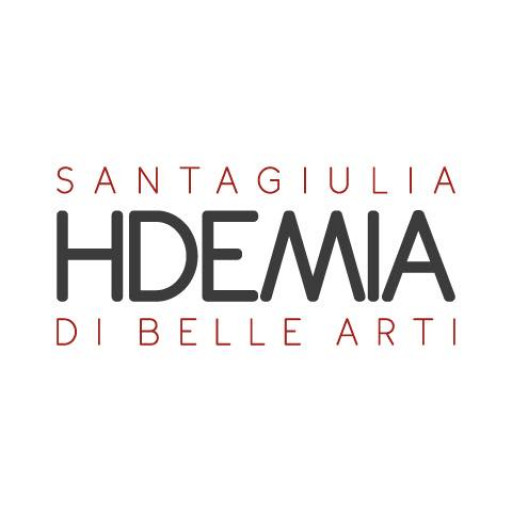Photos of university / #deakinuniversity
The Bachelor of Museum Studies at Deakin University offers students the opportunity to develop comprehensive knowledge and practical skills necessary for a successful career within the dynamic and diverse museum and cultural heritage sectors. This innovative program combines theoretical foundations with hands-on experiences, enabling students to understand the roles of museums, galleries, and cultural institutions in society. Throughout this degree, students will explore subjects such as museum curation, conservation, exhibitions, collections management, and cultural heritage interpretation. The curriculum is designed to foster critical thinking, ethical practices, and professional skills essential for working in a variety of museum settings, including heritage sites, galleries, archives, and community organizations.
Students will engage with contemporary issues such as access and inclusivity, digital preservation, and the ethical responsibilities of managing cultural collections. The program features practical components, including internships and project work, which provide real-world experience and opportunities to develop a professional portfolio. Deakin's strong industry connections and dedicated staff ensure that students receive mentorship and guidance throughout their studies, helping them build networks within the cultural sector. The Bachelor of Museum Studies prepares graduates for careers in museum management, curatorial practice, collections administration, educational programs, and cultural policy development. With a focus on contemporary practices and a globally relevant approach, this degree equips students with the skills to contribute meaningfully to the preservation and promotion of cultural heritage worldwide, supporting them to become innovative leaders in the museum and cultural heritage fields.
Museum Studies at Deakin University offers a comprehensive and innovative curriculum designed to prepare students for dynamic careers in museums, galleries, and cultural heritage organizations. The program blends theoretical knowledge with practical skills, providing a thorough understanding of museology, collection management, exhibition design, and heritage conservation. Students will explore the history and significance of museums and their role in society, gaining insights into how they evolve within contemporary cultural contexts. The curriculum emphasizes critical thinking, ethical considerations, and community engagement, ensuring graduates are equipped to address current challenges facing the cultural sector. Practical experience is a core component, with opportunities for internships, case studies, and hands-on projects that develop real-world skills. The program also fosters research abilities, encouraging students to undertake independent projects that contribute to the field of museum studies. With a focus on innovative interpretation and visitor engagement, students learn to develop compelling exhibitions and educational programs that enhance public understanding and appreciation of cultural heritage. Deakin's state-of-the-art facilities and links with industry professionals provide an enriching learning environment. Graduates of the Museum Studies program are well-prepared for roles such as curators, collection managers, education officers, and museum administrators. The program also offers pathways to further academic study or specialized training in heritage conservation or digital museology. By joining Deakin University’s Museum Studies program, students become part of a vibrant community dedicated to preserving cultural history and fostering lifelong learning.
The Bachelor of Museum Studies at Deakin University requires students to complete a total of 24 credit points, including core subjects, majors, and electives. Students must undertake foundational courses in museum studies, which cover topics such as cultural heritage, collection management, and exhibition practices. The program emphasizes practical skills through industry placements and internship opportunities, enabling students to gain real-world experience in museum environments. To graduate, students need to achieve a minimum GPA as specified by the university, typically a pass mark across all enrolled subjects. The curriculum is designed to provide a comprehensive understanding of the history, theory, and skills necessary for careers in museums, galleries, and other cultural institutions. Students are encouraged to develop competencies in curatorial practice, conservation, audience engagement, and digital technologies supporting museum operations. The program also offers elective subjects that allow students to tailor their education according to specific interests within the field, such as archaeology, anthropology, or public history. Successful completion of the program prepares graduates for employment in various roles including collections officer, museum educator, exhibition coordinator, and conservator. The degree aligns with industry standards and involves assessment methods such as essays, project reports, presentations, and practical demonstrations. Admission requirements typically involve completing secondary education with suitable grades, and applicants may need to meet English language proficiency standards. The program duration is usually three years full-time, with flexibility for part-time study. Overall, Deakin University’s Bachelor of Museum Studies aims to produce well-rounded graduates equipped with the theoretical knowledge and practical skills needed to contribute effectively to the preservation and presentation of cultural heritage.
The University of Deakin offers various financing options for students undertaking the Museum Studies program, designed to make higher education accessible and affordable. Domestic students can access government-funded schemes such as Austudy and Youth Allowance if they meet certain eligibility criteria, which provide financial assistance to support living costs during their studies. Additionally, students may be eligible for the Victorian Training Guarantee, which subsidizes a portion of tuition fees for eligible students residing in Australia. For those who do not qualify for government funding, Deakin University provides a range of payment options, including upfront payment, payment plans, and scholarships. Deakin also offers competitive scholarships specifically for students enrolled in heritage, cultural, and museum-related programs, which can substantially reduce tuition costs. International students should consider the University’s competitive international student scholarships, which can cover partial tuition fees, and may also explore external funding opportunities from their home countries or international organizations. The university's financial services team offers comprehensive guidance on loan options, including the Australian government’s Higher Education Loan Program (HELP) for eligible students, which allows students to defer part of their tuition fees and repay them after graduation through the tax system. Furthermore, Deakin promotes financial literacy among students by providing resources on budgeting, managing expenses, and exploring part-time work opportunities on or near campus, thereby assisting students in managing their finances effectively during their studies. Overall, the University of Deakin ensures that students interested in Museum Studies have access to various financial support mechanisms to facilitate their educational journey, reflecting the university’s commitment to inclusive education and student success.
The Bachelor of Museum Studies at Deakin University is a comprehensive undergraduate program designed to prepare students for a diverse range of careers within the museum and cultural heritage sectors. The program provides students with a solid foundation in the theoretical and practical aspects of museum operations, curation, exhibition design, collections management, and cultural heritage preservation. Students have opportunities to engage with real-world projects through industry placements, enabling them to develop essential skills in curatorial practices, conservation, audience engagement, and educational programming. The curriculum incorporates coursework in history, anthropology, archaeology, and art history, fostering a multidisciplinary approach necessary for success in contemporary museum environments. Deakin University's focus on experiential learning allows students to collaborate with museums, galleries, and cultural institutions to gain practical experience. The program also emphasizes the development of research skills, critical thinking, and ethical considerations relevant to the management and presentation of cultural collections. Graduates from the Bachelor of Museum Studies are well-equipped to pursue employment in museums, galleries, heritage organizations, and cultural tourism industries. They may work as collections managers, exhibition coordinators, education officers, or curatorial assistants. The program's structure includes core subjects, electives, and a capstone project, providing students with both theoretical knowledge and applied skills. Deakin University’s commitment to innovation and industry relevance ensures that the program remains responsive to the evolving needs of the cultural heritage sector, including digital technology integration, community engagement, and sustainable practices. This program aims to produce graduates who are knowledgeable, adaptable, and capable of making meaningful contributions to the preservation and promotion of cultural heritage locally, nationally, and internationally.










